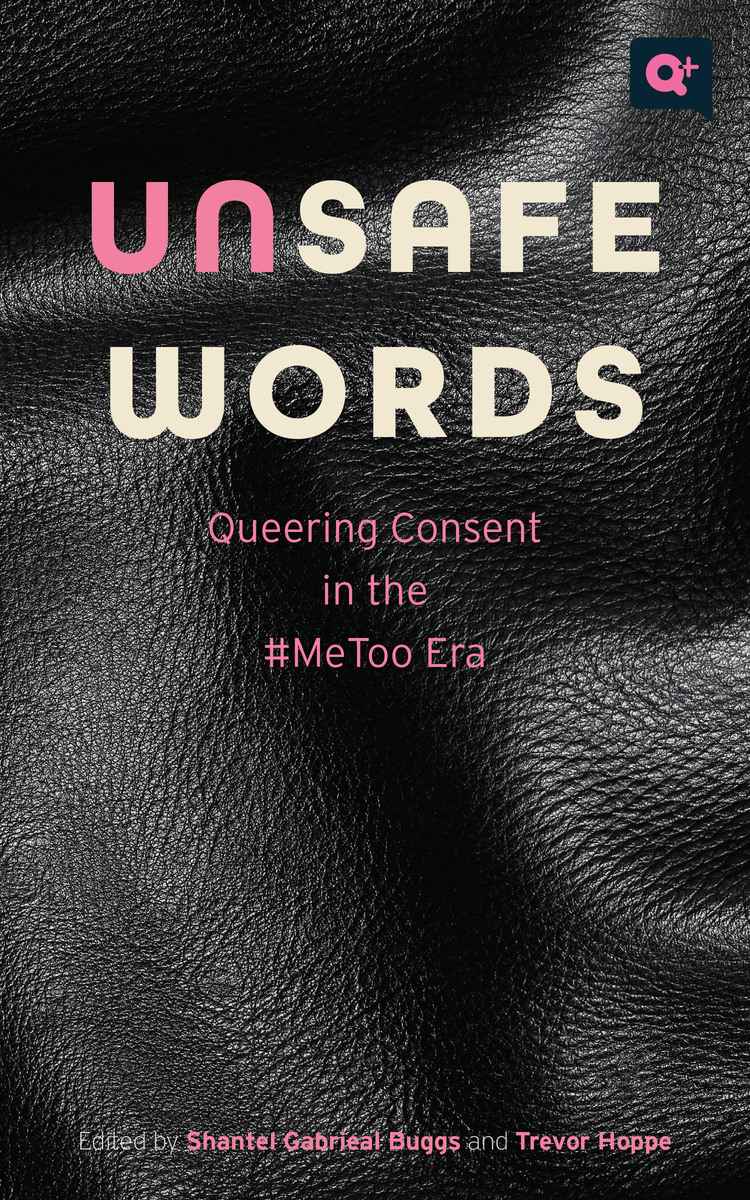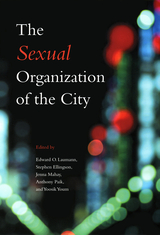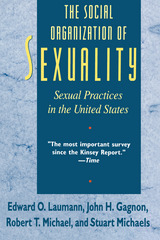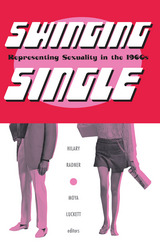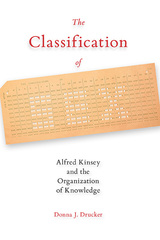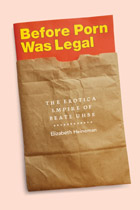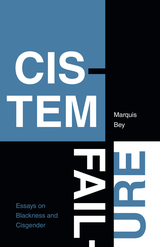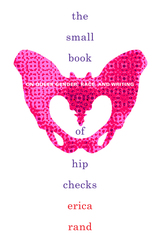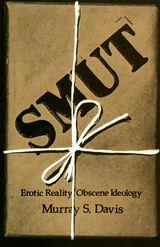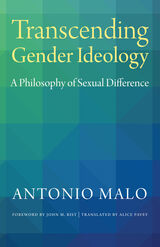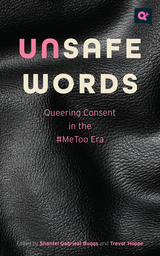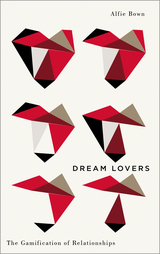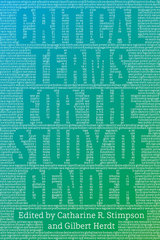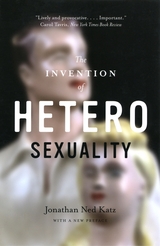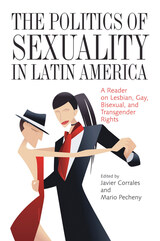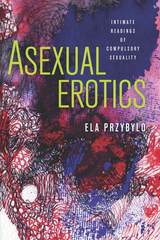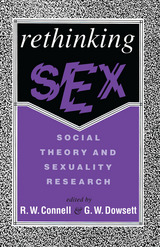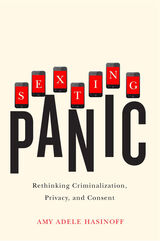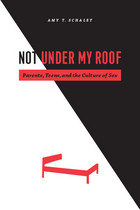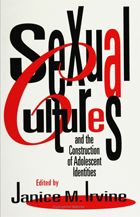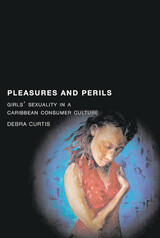Unsafe Words: Queering Consent in the #MeToo Era
Rutgers University Press, 2023
Paper: 978-1-9788-2540-6 | eISBN: 978-1-9788-2544-4 | Cloth: 978-1-9788-2541-3
Library of Congress Classification HQ21.U55 2023
Dewey Decimal Classification 306.7
Paper: 978-1-9788-2540-6 | eISBN: 978-1-9788-2544-4 | Cloth: 978-1-9788-2541-3
Library of Congress Classification HQ21.U55 2023
Dewey Decimal Classification 306.7
ABOUT THIS BOOK | AUTHOR BIOGRAPHY | REVIEWS | TOC
ABOUT THIS BOOK
Queer people may not have invented sex, but queers have long been pioneers in imagining new ways to have it. Yet their voices have been largely absent from the #MeToo conversation. What can queer people learn from the #MeToo conversation? And what can queer communities teach the rest of the world about ethical sex? This provocative book brings together academics, activists, artists, and sex workers to tackle challenging questions about sex, power, consent, and harm. While responding to the need for sex to be consensual and mutually pleasurable, these chapter authors resist the heteronormative assumptions, class norms, and racial privilege underlying much #MeToo discourse. The essays reveal the tools that queer communities themselves have developed to practice ethical sex—from the sex worker negotiating with her client to the gay man having anonymous sex in the back room. At the same time, they explore how queer communities might better prevent and respond to sexual violence without recourse to a police force that is frequently racist, homophobic, and transphobic.
Telling a queerer side of the #MeToo story, Unsafe Words dares to challenge dogmatic assumptions about sex and consent while developing tools and language to promote more ethical and more pleasurable sex for everyone.
Telling a queerer side of the #MeToo story, Unsafe Words dares to challenge dogmatic assumptions about sex and consent while developing tools and language to promote more ethical and more pleasurable sex for everyone.
See other books on: Human Sexuality | Lesbian Studies | Sexual ethics | Sexual minorities | Transgender Studies
See other titles from Rutgers University Press
